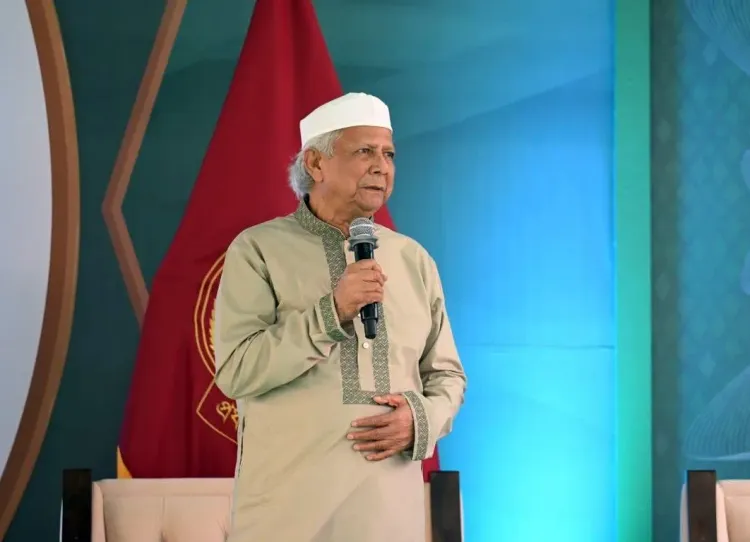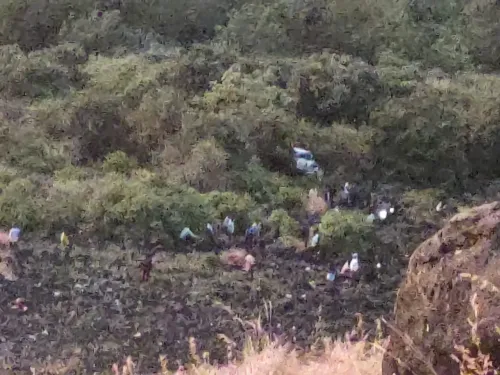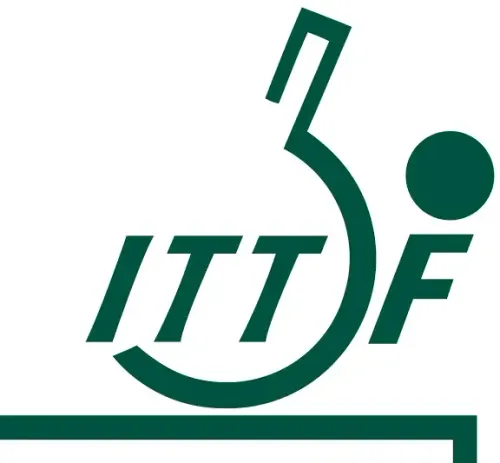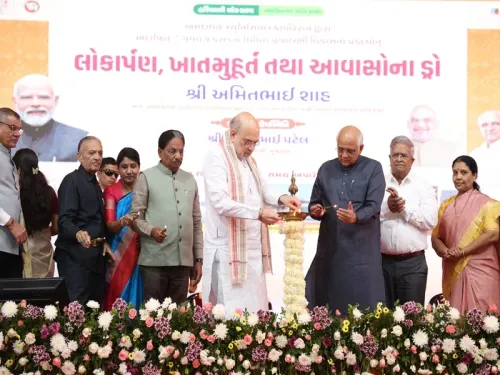Is the Unpredictable Yunus Administration Leading Bangladesh to a Precarious Future?

Synopsis
Key Takeaways
- Legitimacy Issues: The interim government faces intense scrutiny regarding its democratic mandate.
- Budget Concerns: Criticism of the upcoming budget highlights its questionable economic foundations.
- Excessive Regulation: Trade in Bangladesh is highly regulated, raising concerns about corruption.
- Call for Openness: Advocates propose a more welcoming economic model.
- Political Transformation: Without political change, economic reforms may falter.
Dhaka, May 19 (NationPress) A senior figure from the Bangladesh Nationalist Party (BNP) has vocally questioned the interim government's legitimacy, asserting that it does not possess a democratic mandate to effectuate significant reforms, thus steering Bangladesh toward a state of uncertainty.
"The fundamental duty of this government is to implement the essential measures for Bangladesh's democratic evolution. Currently, the populace is left wondering about our trajectory, the future of Bangladesh in the upcoming days, the duration of this government's tenure, the timing of the elections, and the fate of the nation thereafter. We are not witnessing any reassuring signs in this context," stated BNP Standing Committee member Amir Khasru Mahmud Chowdhury, who is also a former Minister of Commerce, while speaking at a dialogue entitled 'Policy Reforms and the Upcoming National Budget' organized by the Citizen's Platform in Dhaka.
Chowdhury emphasized that the budget appears to be based on a questionable GDP estimate. "What we are witnessing is merely a continuation of the budgetary strategies from the previous authoritarian administration. There are no significant changes. We must inquire how adequately the current economic and global situations have been taken into account while formulating this budget," he remarked.
Furthermore, Amir Khasru Mahmud Chowdhury labeled the topic of a 'humanitarian corridor' with Myanmar as "delicate", indicating that it involves a political decision, but he raised concerns about how the interim government could make such a call without consulting stakeholders.
He highlighted that trade and commerce in Bangladesh are excessively regulated. "In comparison to other nations, Bangladesh faces far greater restrictions. In the past, we have observed corruption disguised as regulation. The more controls imposed, the more looting occurs. We need to liberate ourselves from this," he asserted.
Sharing his vision for Bangladesh's future economic framework, Chowdhury stated, according to Bangladesh's leading daily Prothom Alo, that the economic model should be "We are open for business".
"We must embrace tolerance. Even amidst disagreements, we should respect diverse paths. Without political transformation alongside economic reforms, progress will be elusive. We need to move away from confrontational politics," he concluded.










